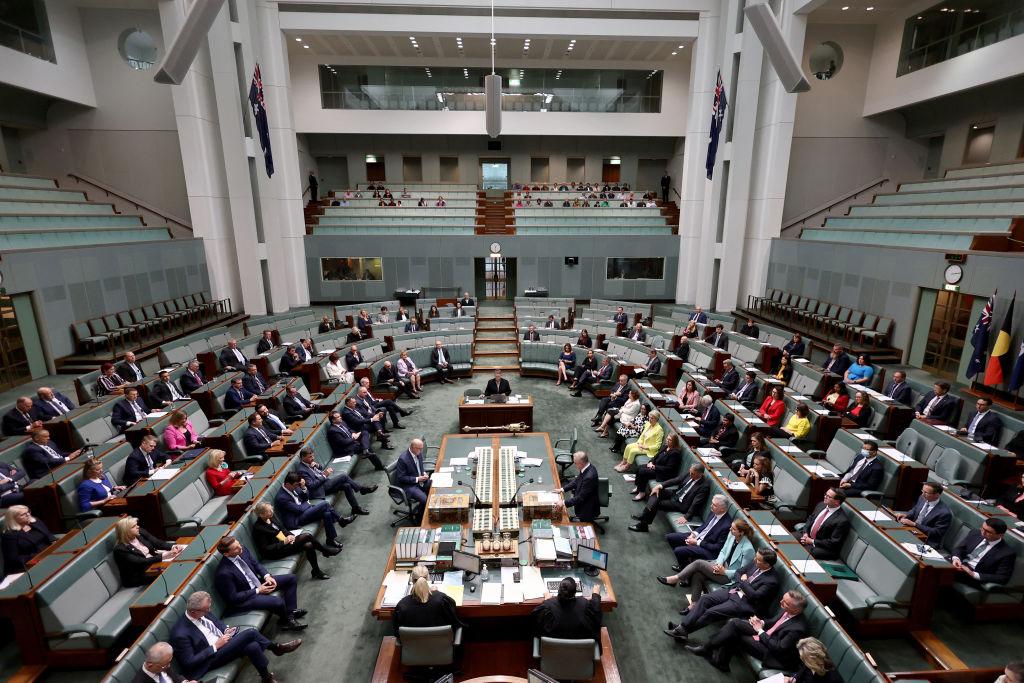A new body charged with investigating allegations of misconduct by politicians, and with the power to dock them up to 5 percent of their pay or suspend them, has been proposed according to a leaked draft of a new bill.
Three years after an independent inquiry characterised parliament’s workplace culture as “revolting and humiliating” in the wake of former staffer Brittany Higgins’ allegation she had been raped in a minister’s office, the government has moved to action one of its major recommendations—to establish an Independent Parliamentary Standards Commission.





